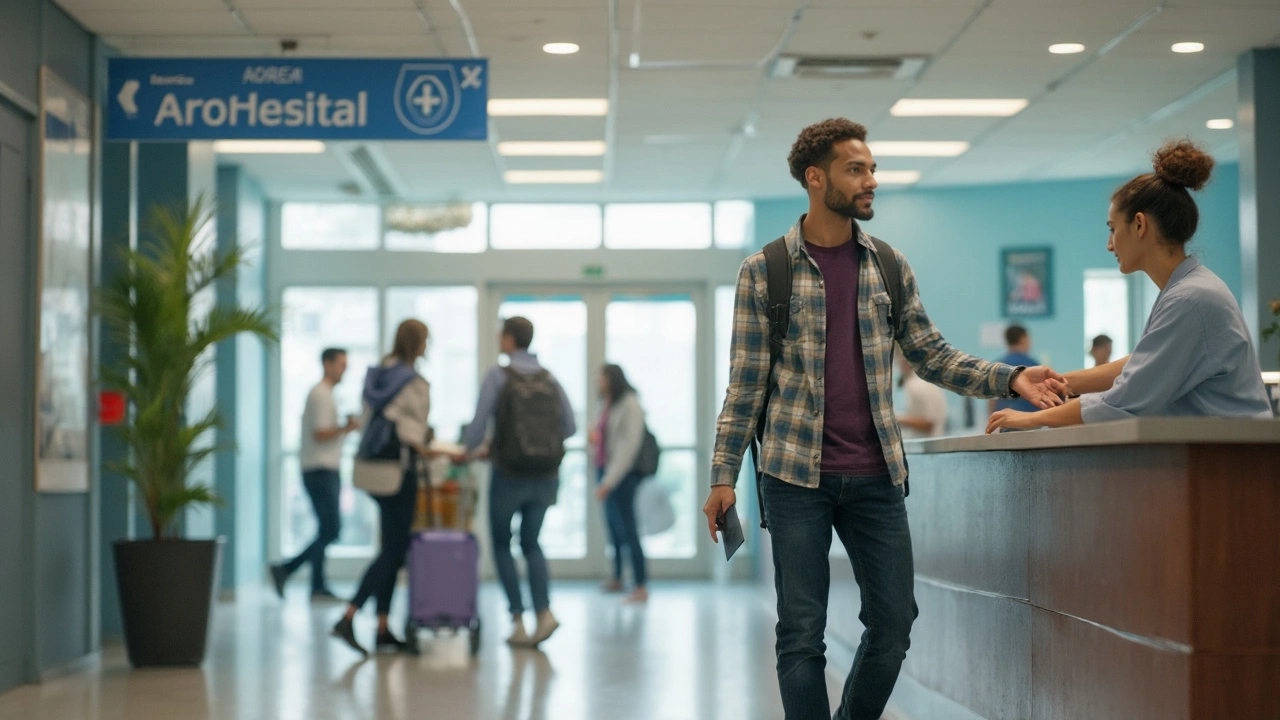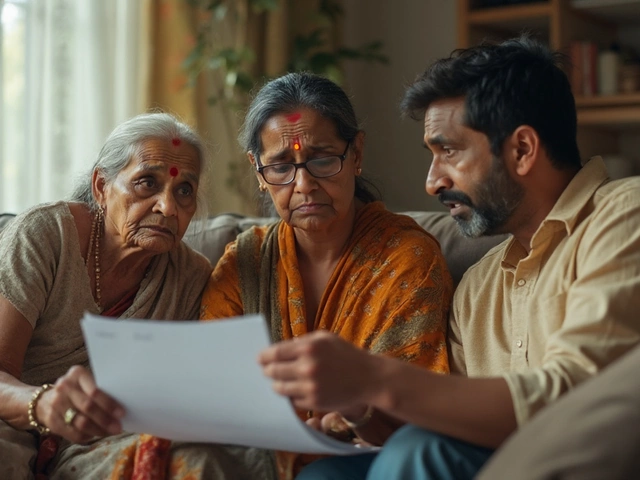Emergency Care Europe: What You Need to Know When You Need Help
If you’re traveling or living in Europe and a medical emergency hits, you want the process to be smooth, not a nightmare. The good news is most European countries have well‑trained staff, clear signage, and reliable ambulance services. This guide pulls together the basics so you can act fast and stay calm.
Where to Find Emergency Help in Different Countries
Every country uses its own emergency number, but most of them accept the European universal 112. Dial 112 in France, Germany, Spain, Italy, or the UK and you’ll reach the same dispatch centre that can send an ambulance, fire crew, or police unit. In the UK, you can also call 999, which connects you directly to NHS emergency services.
Hospitals in bigger cities often have dedicated ER departments that are open 24/7. In rural areas, you might be taken to the nearest regional hospital, which could be a short drive away. In places like Scandinavia, you’ll find that paramedics can start treatment on the spot, sometimes even before you reach the hospital.
Tips for Getting Treated Fast
First, always carry a small card with your name, blood type, any allergies, and a list of regular meds. Show it to the paramedic – it saves precious minutes. Second, know your insurance situation. Many EU citizens are covered by the European Health Insurance Card (EHIC), which lets you use public hospitals at little or no cost. Non‑EU visitors should check if their travel insurance includes medical evacuation.
If you can, speak the local language or have a translation app ready. Simple phrases like "I need an ambulance" or "Emergency" in the local language can make communication smoother. Most European responders understand basic English, but a quick translation helps avoid misunderstandings.
When you arrive at the ER, be ready for a short wait. Hospitals prioritize based on severity, so if your condition isn’t life‑threatening, you might sit for a while. Stay calm, give clear information about symptoms, and ask the staff to repeat any instructions you didn’t catch.
Finally, follow up after you’re discharged. Many European health systems schedule a follow‑up visit within a week. Keep the discharge paperwork, it often includes the name of a local GP you can see for any lingering issues.
Emergency care in Europe is reliable, but a little preparation goes a long way. Knowing the right number to call, carrying your medical details, and understanding how the local system works can turn a scary moment into a manageable one.

